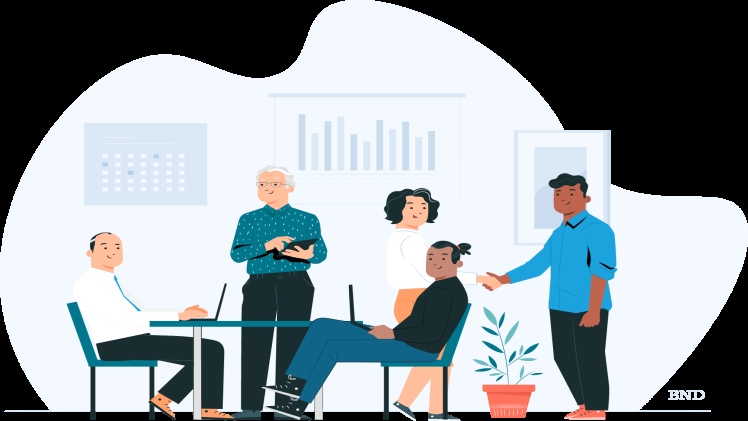Social media has had a significant impact on the lrtrading tourism industry. With the rise of social media platforms, tourists have more access to information about destinations and are able to share their experiences more easily with others. This has changed the way people plan, book, and experience travel.
Here are some ways in which social media has impacted the tourism industry:
- Destination Marketing: Social media platforms have become a powerful tool for destination marketing. Tourist boards and travel companies use social media platforms to promote destinations, attractions, and events, and to reach potential visitors. Social media platforms like Instagram and YouTube have become particularly popular for showcasing travel destinations through visually stunning images and videos.
- User-Generated Content: Social media platforms have also enabled ifsptv tourists to share their travel experiences in real-time, providing authentic and unbiased recommendations to their followers. Tourists now often rely on user-generated content, such as reviews and photos, to make decisions about where to travel, where to stay, and what to do when they get there.
- Online Booking: Social media platforms have also made it easier for tourists to book their travel online. Tourists can book flights, accommodation, and activities directly through social media platforms or through links to booking websites.
- Tourism Revenue: Social media has also increased giveme5 tourism revenue. Tourists are more likely to spend money on experiences that they have seen on social media or that have been recommended by friends and influencers. Social media has also enabled destinations to reach new markets and attract tourists from around the world.
- Impact on Local Communities: Social media has had both positive and negative impacts on local communities. On one hand, social media can promote tourism and increase revenue for local businesses. On the other hand, an 123chill influx of tourists can lead to overcrowding, environmental damage, and cultural erosion. Social media can also contribute to overtourism, where popular destinations become overcrowded with tourists, leading to negative impacts on the environment and the local community.
In conclusion, social media has had a significant impact on the manytoons tourism industry, from destination marketing to user-generated content and online booking. While it has brought many benefits to the industry, it is important for tourism businesses and destinations to be aware of the potential negative impacts of social media on local communities and the environment. It is crucial to balance the benefits of tourism with sustainable tourism practices to ensure that the industry continues to grow and benefit all stakeholders involved.

